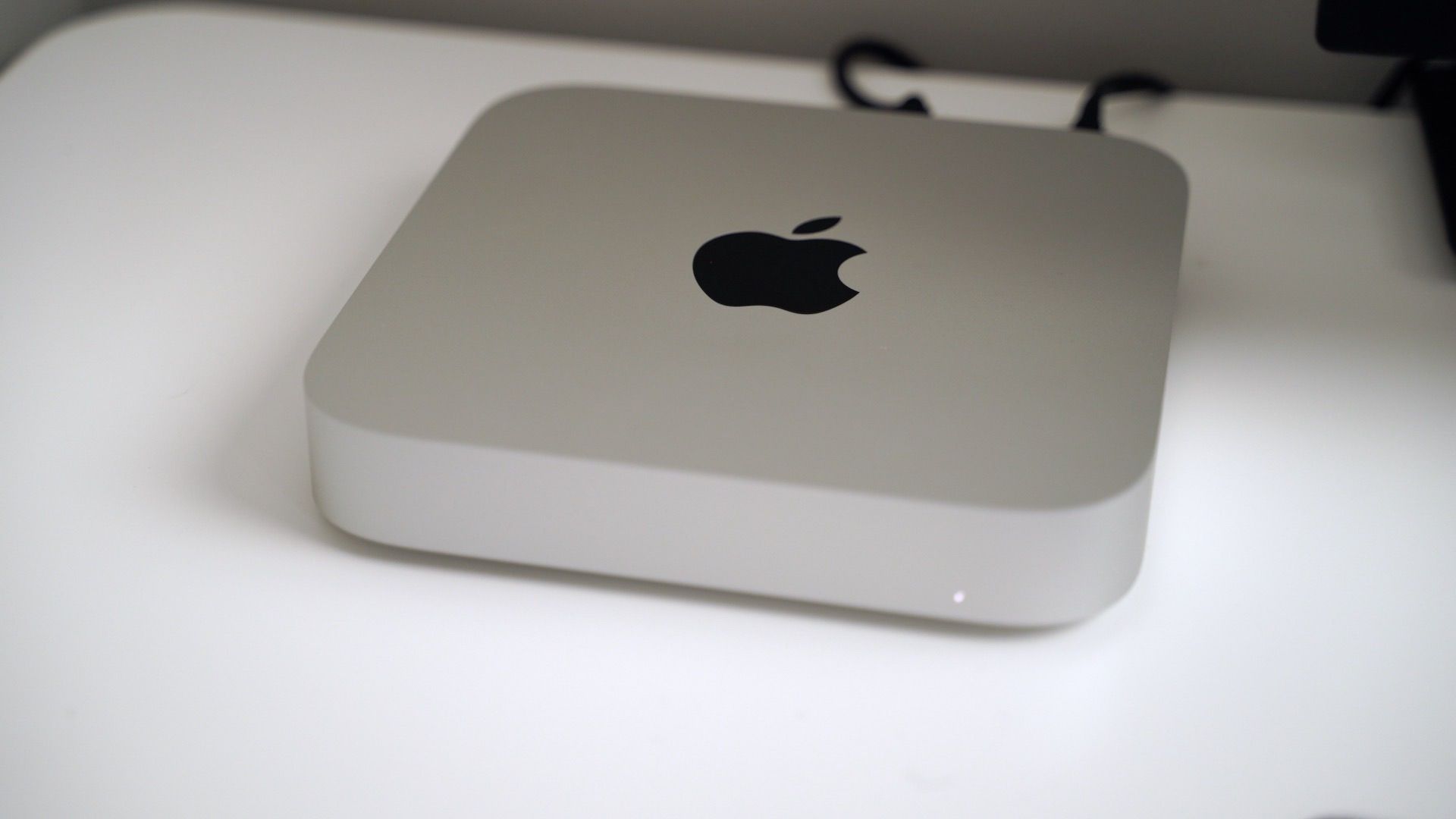Hello to all M1 users,
I have my Mac mini (16gb) for about a week now, and it is horrible. The Mac is connected to one 4K screen and one FHD screen. I am using Chrome, Safari, Zoom, Tidal and sometimes PyCharm and Xcode.
If I start one or two Xcode simulators, my sound starts stuttering for some seconds. PyCharm is also unusable. Scrolling in 300 lines Code or in a database with about 60k lines is not possible(verrryyy laggy). But that is probably an issue of pycharm, I tried the Apple Silicon beta but there were too many packages not working... Each day I can see in the activity monitor that about 600-700gb where read & written to my drive. But there are also days with only 20-50gb. Sometimes the screensaver (it is disabled) starts on itself while using the mac. I can not enter my password and in the background everything is still opened. The music plays, I can write but I simply do not see anything because of the screensaver....
A friend of mine has the MBP with 8gb memory. He only uses zoom, safari and Chrome. His experience are also horrible. Every two days, the MB crashes and is unusable. The 8gb memory are completely full and in the activity monitor, the memory is "red". But this is absolutely random. His drive usage is very similar, if not even worse. He doesn't use any demanding software.
Does anyone else facing that kind of issues?
I have my Mac mini (16gb) for about a week now, and it is horrible. The Mac is connected to one 4K screen and one FHD screen. I am using Chrome, Safari, Zoom, Tidal and sometimes PyCharm and Xcode.
If I start one or two Xcode simulators, my sound starts stuttering for some seconds. PyCharm is also unusable. Scrolling in 300 lines Code or in a database with about 60k lines is not possible(verrryyy laggy). But that is probably an issue of pycharm, I tried the Apple Silicon beta but there were too many packages not working... Each day I can see in the activity monitor that about 600-700gb where read & written to my drive. But there are also days with only 20-50gb. Sometimes the screensaver (it is disabled) starts on itself while using the mac. I can not enter my password and in the background everything is still opened. The music plays, I can write but I simply do not see anything because of the screensaver....
A friend of mine has the MBP with 8gb memory. He only uses zoom, safari and Chrome. His experience are also horrible. Every two days, the MB crashes and is unusable. The 8gb memory are completely full and in the activity monitor, the memory is "red". But this is absolutely random. His drive usage is very similar, if not even worse. He doesn't use any demanding software.
Does anyone else facing that kind of issues?








